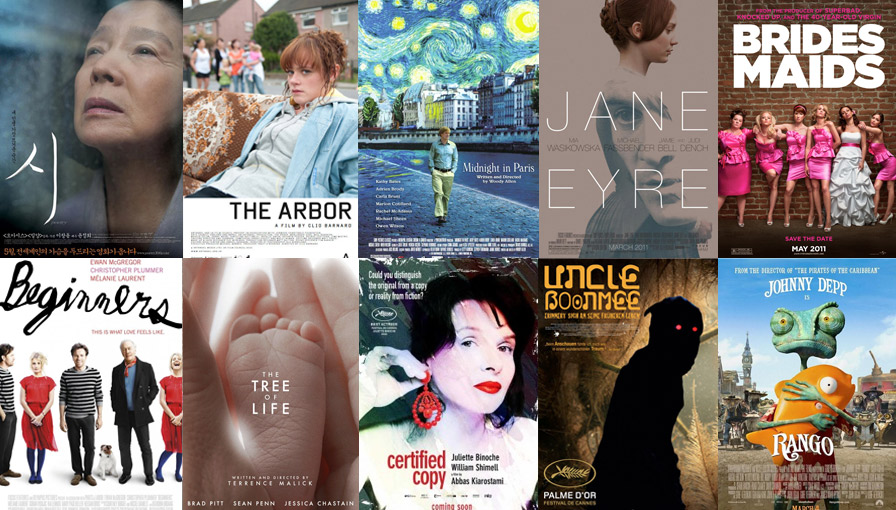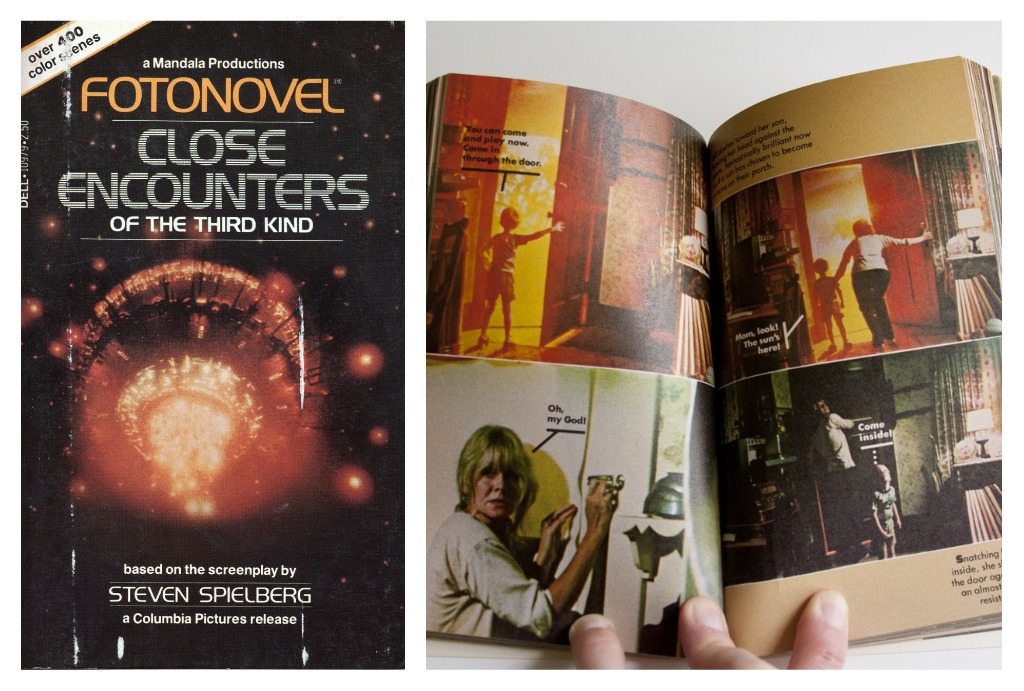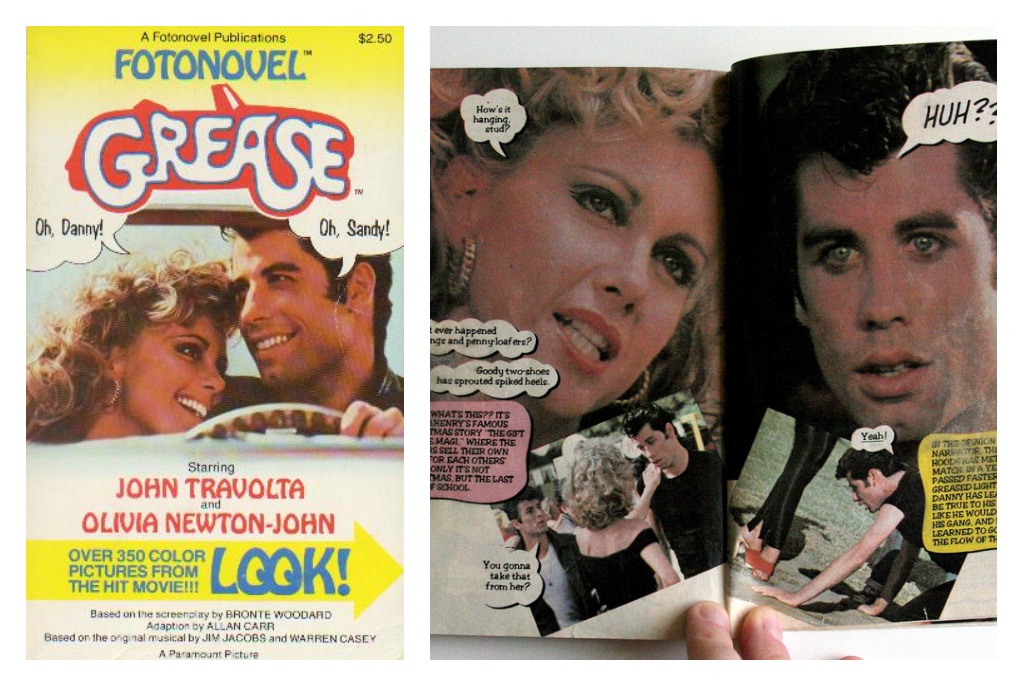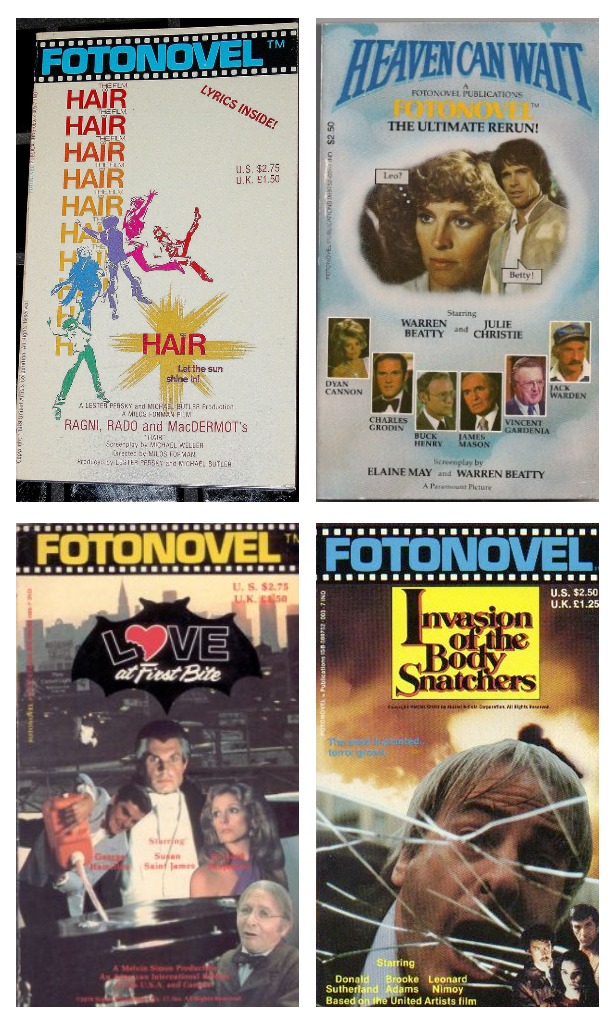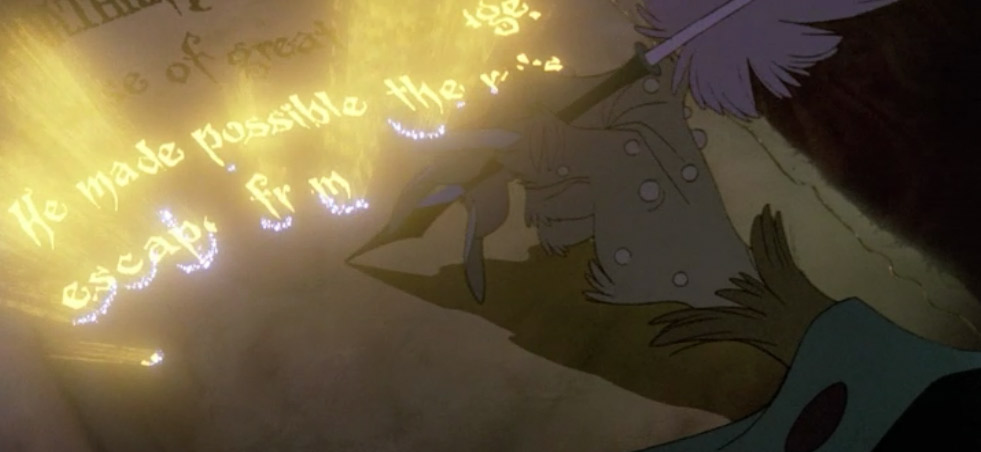Fool For Link
 Tuesday, July 5, 2011 at 9:45PM
Tuesday, July 5, 2011 at 9:45PM 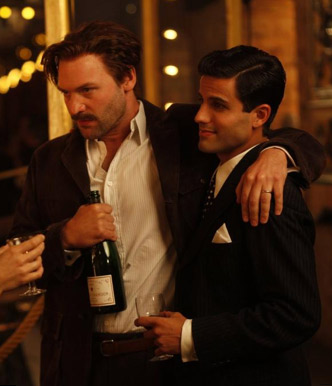 Vogue Vibes on the duel era fashions of Midnight in Paris
Vogue Vibes on the duel era fashions of Midnight in Paris
Acidemic free ranging piece on the images and scoring of The Tree of Life
Nick's Flick Picks, never one to shy away from a massive project, has decided to recreate Cannes 1986 (25th anniversary) and write all about it. First...
Nick's Flick Picks Robert Altman's Fool For Love. Nick thinks Kim Basinger is sensational in it (so do I).
Guardian on the ever thorny topic of how to "date" a motion picture, production date, release date, initial screening?
Basket of Kisses Mad Men's Aaron Staton (we love him) is the lead in the new video game L.A. Noire
Movie|Line loves Ari Graynor -- they're always trying to claim actresses we also champion damn them -- so must share this clip from the upcoming comedy Lucky.
Stale Popcorn with another halfway mark listicle: the good, the bad and the ugly of 2011
Pajiba advice for screenwriters willing to sell their souls from those who've made billions at the box office with almost no discernible talent whatsoever.
Awards Daily Oscar's blind David Cronenberg spot. Recently I've been thinking that I wanted to do a whole comprehensive review of one director's every film. Maybe it should be him? Although maybe he's made to many. Never mind.

the divas
The Advocate Lady Gaga profile on her connection to the gays and those comparisons to legendary performers like Barbra Streisand, Debbie Harry and Madonna.
Boy Culture EEK. Proof that Madonna is finally back in the recording studio. As of yesterday.
The Broadway Blog honors Marin Mazzie, about to take on the iconic Mrs White role in the revival of Carrie the Musical (yes that musical based on the 1976 pig-blooded classic)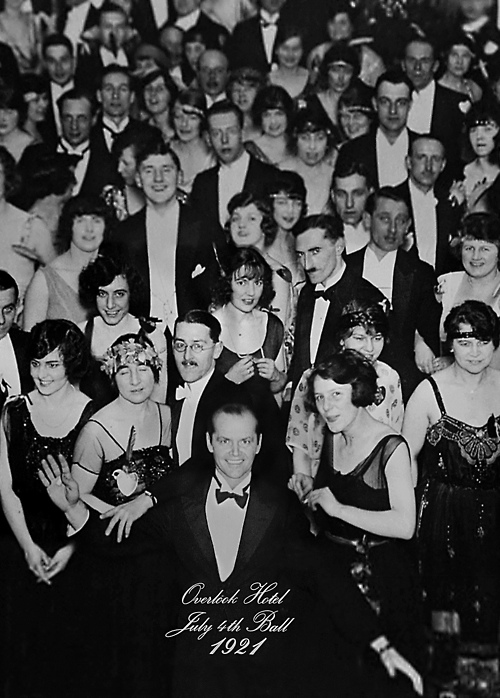 sorry. back to the movies...
sorry. back to the movies...
ion cinema has a bunch of halfway point top ten lists. Can't get enough of this topic, can you? Or am I just speaking for myself?
PopMatters 10 insane lessons that Transformers Dark of the Moon is trying to teach us
Old Hollywood omg, yesterday was the 90th anniversary of the "Overlook Hotel Ball" (immortalized in The Shining) We MUST remember this in ten years time for the centennial.
Would you like The Film Experience to be around in 2021? LOL, I know I know. We're getting ahead of ourselves. But if you'd like TFE to be around in 2012, please consider subscribing from the sidebar link
--------------------------------------->
We need some financial stability up in here. Even just a few hundred subscribers would make a world of difference. As in we'd be be able to pay rent. Much thanks to everyone who has already donated once or on a regular basis. You rock. Plus everyone reading benefits from your altruism.



